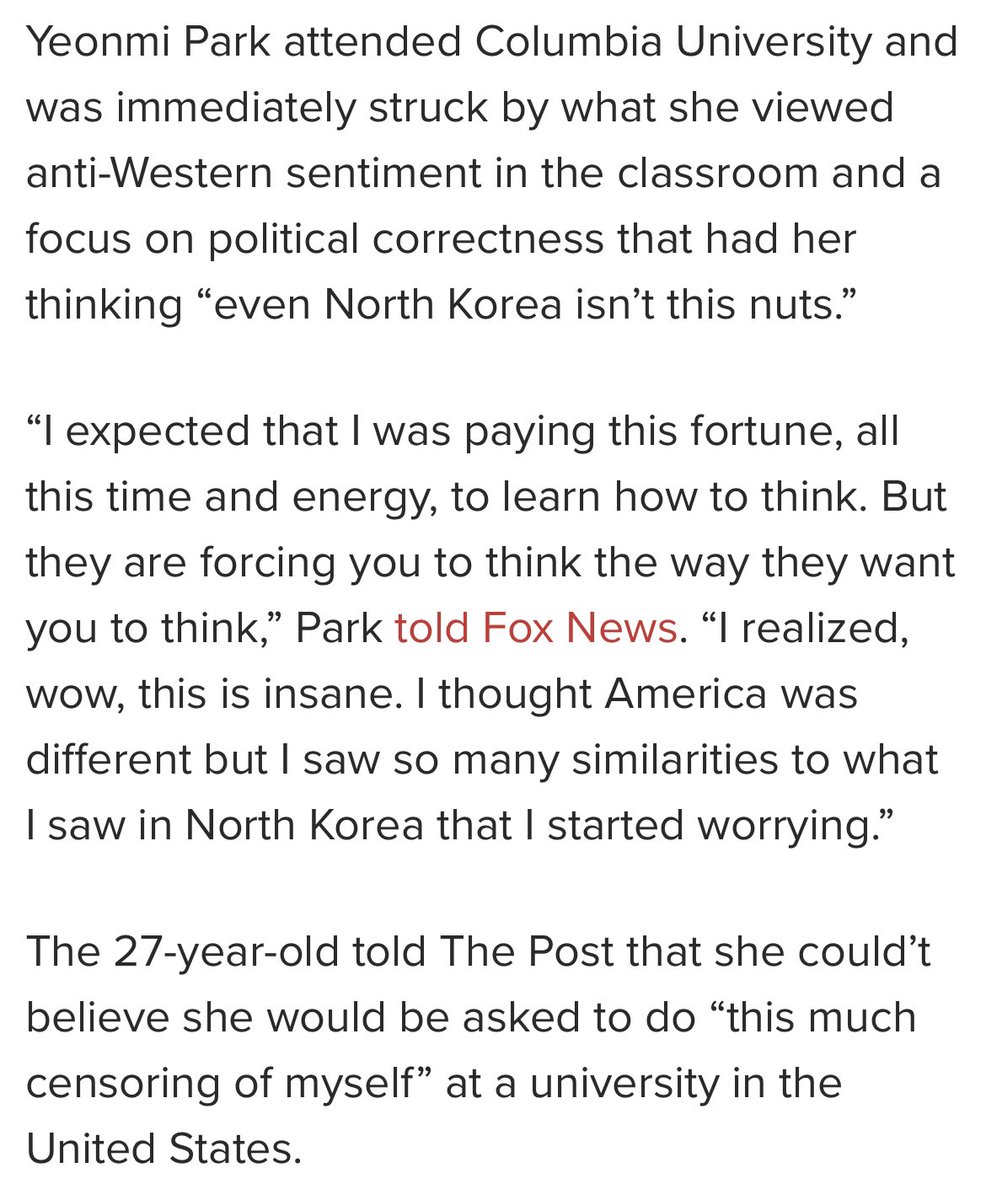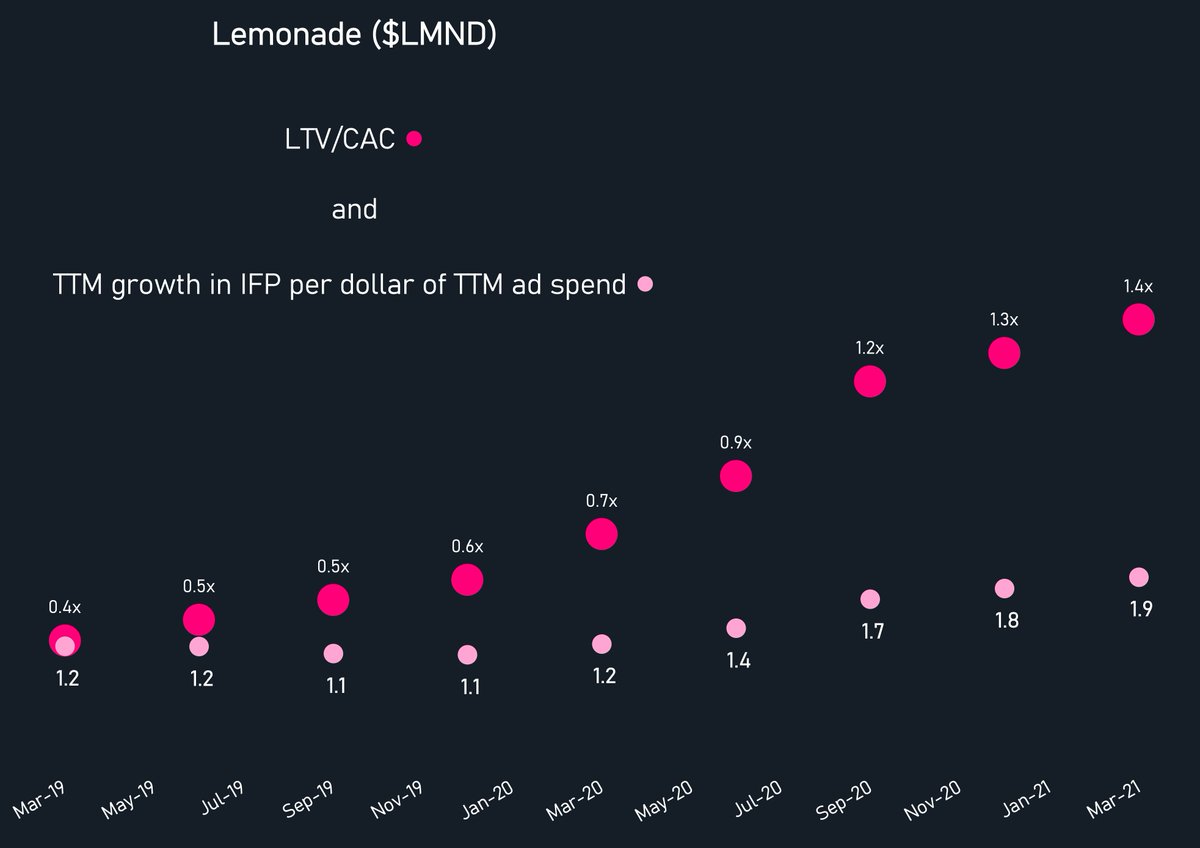
The Ovarian Lottery and the Internet
1997 Berkshire AGM, Buffett talks about the John Rawls idea of the ovarian lottery:
In the lottery, you can't control if you'll be born man or woman, black or white, abled or disabled, etc.
In that lottery...
1997 Berkshire AGM, Buffett talks about the John Rawls idea of the ovarian lottery:
In the lottery, you can't control if you'll be born man or woman, black or white, abled or disabled, etc.
In that lottery...
"You would try to figure out a system that is going to produce an abundant amount of goods, and where that abundance is going to increase at a rapid rate during your lifetime, and your children and your grandchildren, so they can live better than you do, in aggregate...
...and their grandchildren can live better. [...] I mean, Charlie — when we were born the odds were over 30-to-1 against being born in the United States, you know? Just winning that portion of the lottery, enormous plus. We wouldn’t be worth a damn in Afghanistan."
1997, "The Sovereign Individual":
"In the cybereconomy, they will never see you. The ugly, the fat, the old, the disabled will vie with the young and beautiful on equal terms in utterly color-blind anonymity on the new frontiers of cyberspace."
[@balajis's pseudonymous economy]
"In the cybereconomy, they will never see you. The ugly, the fat, the old, the disabled will vie with the young and beautiful on equal terms in utterly color-blind anonymity on the new frontiers of cyberspace."
[@balajis's pseudonymous economy]
"Merit, wherever it arises, will be rewarded as never before. In an environment where the greatest source of wealth will be the ideas you have in your head rather than physical capital alone, anyone who thinks clearly will potentially be rich."
"It will afford far more equal opportunity for the billions of humans in parts of the world that never shared fully in the prosperity of industrial society. The brightest, most successful and ambitious of these will emerge as truly Sovereign Individuals."
2021, @pmarca: "Permanently divorcing physical location from economic opportunity gives us a real shot at radically expanding the number of good jobs in the world while also dramatically improving quality of life for millions, or billions, of people."
"We may, at long last, shatter the geographic lottery, opening up opportunity to countless people who weren’t lucky enough to be born in the right place."
The internet has now made the Rawlsian/Buffettian ovarian lottery idea, and geography, obsolete, and we should rejoice.
The internet has now made the Rawlsian/Buffettian ovarian lottery idea, and geography, obsolete, and we should rejoice.
You can hear Buffett talk about the ovarian lottery at 1:54 in the video here:
buffett.cnbc.com/video/1997/05/…
buffett.cnbc.com/video/1997/05/…
• • •
Missing some Tweet in this thread? You can try to
force a refresh






